Glow Coral Tanks: Custom Design & Maintenance Secrets
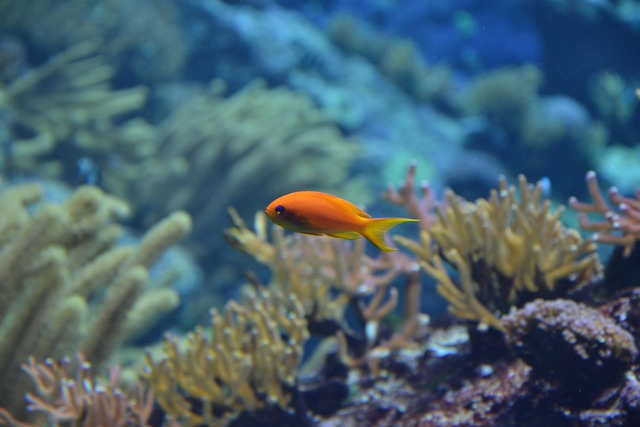
Custom coral reef tanks glow in the dark with fluorescent corals and creative lighting, creating mes…….
In the realm of aquatic environments, a fascinating sub-category has emerged, captivating the imaginations of both enthusiasts and professionals alike – themed and specialty aquariums. These aquatic havens transcend the boundaries of traditional fish tanks, transforming into immersive experiences that blend art, science, and storytelling. This article aims to delve into the intricate world of these aquariums, exploring their design, impact, and future potential. By the end, readers will grasp the significance of themed aquariums as a captivating form of entertainment and environmental education.
Definition: Themed and specialty aquariums are unique aquatic ecosystems designed around a specific concept or narrative, going beyond the basic housing of marine life. These aquariums incorporate intricate themes, artistic elements, and often, educational messages, to create immersive environments that engage visitors on multiple levels.
Core Components:
Thematic Concept: Each aquarium is carefully crafted around a central theme, such as a particular ecosystem (e.g., coral reef, deep-sea), mythical creature, cultural narrative, or scientific concept.
Aquatic Design: The physical structure includes specialized tanks, custom-built environments, and innovative water circulation systems to accommodate various marine species. Architects and designers collaborate with marine biologists to ensure ecological balance.
Interactive Elements: These aquariums often feature interactive displays, touch pools, virtual reality experiences, or live demonstrations that encourage visitor engagement and learning.
Artistic Presentation: Visual arts play a pivotal role, incorporating sculptures, paintings, lighting design, and special effects to enhance the overall experience.
Historical Context: The concept of themed aquariums has evolved over centuries, with early efforts dating back to public aquaria in ancient Rome. However, modern specialty aquariums gained prominence in the late 20th century with the rise of marine science education and conservation awareness. Iconic examples like the Georgia Aquarium (opened 2003) and the Oceanarium at Lisbon (1995) set new standards for immersive aquatic experiences.
The global presence of themed aquariums is a testament to their universal appeal. According to a 2022 report by Market Research Future (MRFR), the aquarium market, including themed and specialty aquariums, is projected to reach USD 13.8 billion by 2027, growing at a CAGR of 7.5% from 2020 to 2027. This growth is driven by several key trends:
Tourism and Hospitality: Many themed aquariums are located in tourist hotspots, attracting millions of visitors annually. They serve as iconic destinations, boosting local economies and tourism. For instance, the Saku Aqua Arena in Japan attracts over 1.5 million tourists yearly, becoming a major cultural attraction.
Education and Conservation: These aquariums play a vital role in marine education and conservation efforts. By creating immersive environments, they raise awareness about ocean health, marine biodiversity, and environmental protection. The Blue Planet Aquarium in the UK, for example, hosts educational programs and research initiatives focused on ocean conservation.
Technological Innovation: Advancements in aquatics technology drive the creation of more realistic and sustainable exhibits. Virtual reality (VR) and augmented reality (AR) experiences are increasingly integrated into aquarium design, offering visitors unique interactive opportunities.
Cultural Diversity: Themed aquariums reflect cultural diversity, showcasing aquatic life and ecosystems from around the world. From the Amazon River to the Arctic Ocean, these displays celebrate marine biodiversity and foster cross-cultural understanding.
The themed aquarium industry is a significant economic driver with far-reaching impacts:
| Economic Aspect | Description |
|---|---|
| Market Size | As mentioned, the global aquarium market is substantial, with themed aquariums playing a pivotal role. This market includes not only standalone aquariums but also components like tank design, aquatic life management, and visitor experiences. |
| Investment & Tourism | Major aquariums attract substantial investments, often from public-private partnerships. They contribute to local economies through tourism, creating employment opportunities and boosting revenue for surrounding businesses. |
| Revenue Streams | Beyond ticket sales, aquariums generate revenue from merchandise, catering, special events, corporate sponsorship, and educational programs. These diverse income sources ensure financial sustainability. |
| Economic Impact Analysis | A study by the World Travel & Tourism Council (WTTC) revealed that aquariums contribute over USD 1 billion to global tourism, with a significant portion attributed to themed attractions. |
Technological innovations have revolutionized the way we experience themed aquariums:
Advanced Lighting Systems: Modern aquariums utilize LED lighting and fiber optics for realistic illumination, enhancing visual appeal and allowing for creative effects.
Aquatic Robotics: Remote-operated vehicles (ROVs) and automated feeding systems improve animal welfare and enable researchers to study aquatic life without disturbance.
Digital Displays: VR and AR technologies offer immersive experiences, such as virtual dives or encounters with mythical creatures, bringing stories to life.
Sustainable Systems: Innovations in water recycling, filtration, and climate control ensure ecological balance while minimizing resource consumption.
Themed aquariums serve as powerful educational tools, fostering an appreciation for marine life and conservation:
Research and Monitoring: Many aquariums collaborate with scientists to study aquatic ecosystems, contribute to research, and monitor endangered species. They provide vital data for global conservation efforts.
Environmental Awareness: Through interactive exhibits and educational programs, aquariums raise awareness about ocean acidification, pollution, overfishing, and climate change, inspiring visitors to take action.
Conservation Programs: Some aquariums are at the forefront of breeding programs for endangered species, contributing to their survival. They also participate in rehabilitation efforts for injured or sick marine animals.
Despite their success, themed aquariums face challenges related to animal welfare, sustainability, and public perception. To address these issues, future developments may include:
Ethical Aquarium Design: Emphasizing well-being and natural behaviors of aquatic species, designers will create more habitat-focused exhibits that mimic wild environments.
Sustainable Practices: As environmental concerns grow, aquariums will integrate renewable energy sources, waste management solutions, and sustainable fish farming practices to minimize their ecological footprint.
Virtual Experiences: To cater to a global audience, virtual aquarium experiences may become more prevalent, allowing people worldwide to explore marine life without physical visits.
Collaboration for Conservation: International partnerships between aquariums can enhance conservation efforts, sharing resources, expertise, and best practices.
Themed and specialty aquariums represent a harmonious fusion of art, science, and entertainment. They offer unique experiences that captivate audiences while promoting marine education and conservation. As technology advances and environmental awareness grows, these aquatic havens will continue to evolve, ensuring a brighter future for both marine life and human appreciation of our oceans.
With their ability to inspire wonder, educate, and drive conservation efforts, themed aquariums are not just destinations but catalysts for positive change in our relationship with the sea.

Custom coral reef tanks glow in the dark with fluorescent corals and creative lighting, creating mes…….
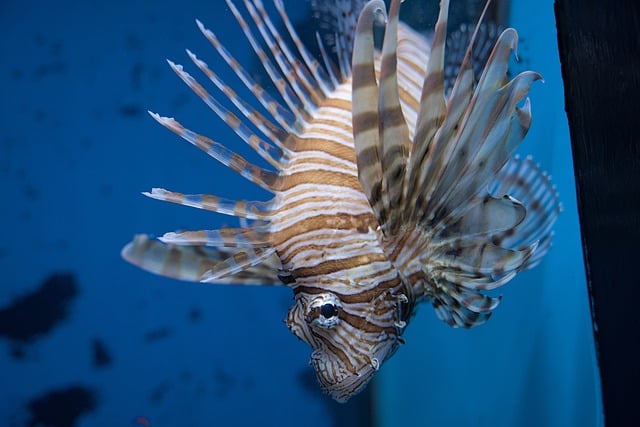
Designing fantasy-themed fish tanks uses glow-in-the-dark decor to create enchanting underwater scen…….

Reef biotope aquariums recreate historic underwater landscapes, blending aesthetic allure with ecolo…….
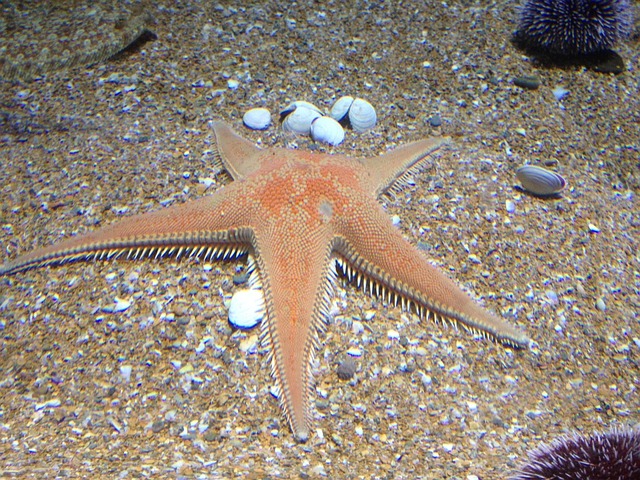
Steampunk and industrial-themed aquariums merge Victorian design with futuristic elements, creating…….

Underwater habitat design fuses scientific understanding of marine ecosystems with creative vision t…….
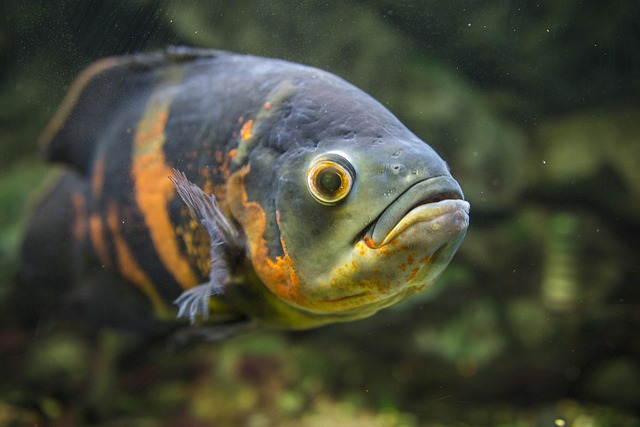
Embracing Zen aesthetics in aquarium design creates unique aquarium environments that prioritize tra…….
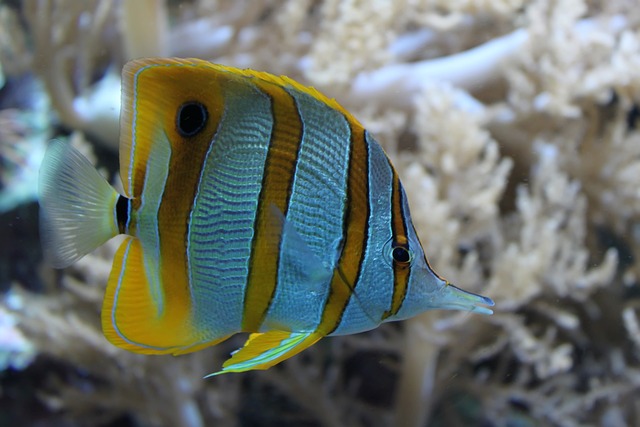
Advanced aquariums, featuring unique aquarium environments, blend art and science to create immersiv…….

Aquarium enthusiasts can transform their tanks into unique aquarium environments with creative desig…….
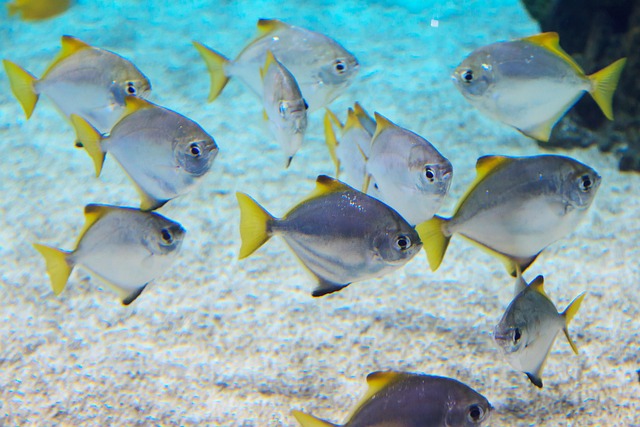
Nature-inspired aquariums revolutionize modern design with their harmonious blend of aesthetics and…….
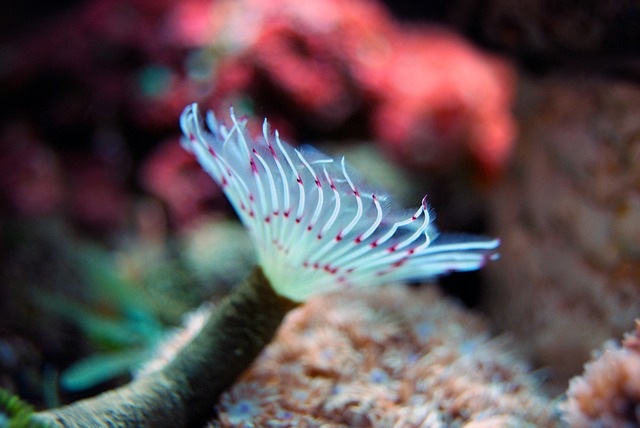
Modern interior design fuses aesthetics and functionality through innovative concepts like furniture…….